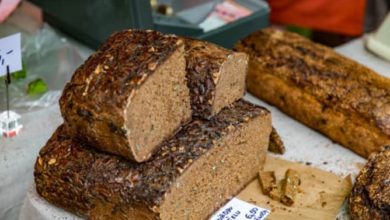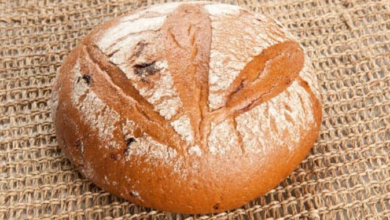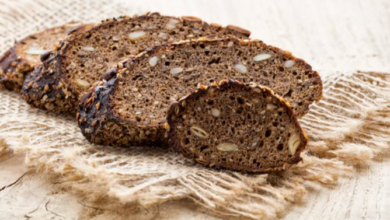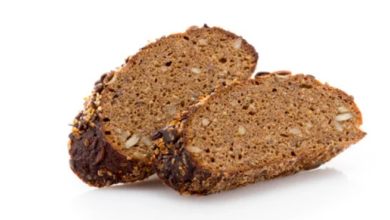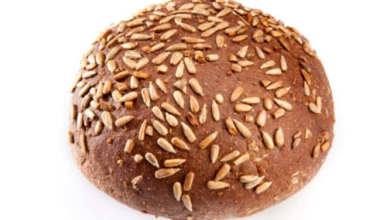Why does rye bread smell a little like pickles?
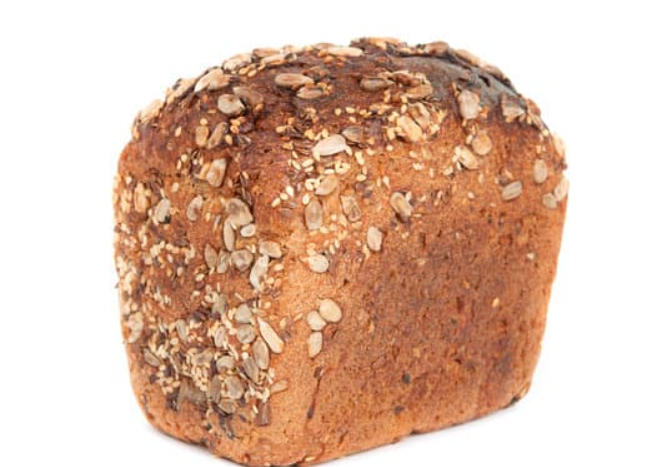
What To Know
- Lactic acid, a byproduct of LAB fermentation, is the primary contributor to the sour flavor and tangy aroma of both pickles and rye bread.
- The duration of the fermentation process also influences the intensity of the pickle-like aroma in rye bread.
- Yes, you can reduce the intensity of the pickle-like aroma by using less caraway seeds, shortening the fermentation time, or baking the bread at a lower temperature.
The alluring aroma of freshly baked rye bread is a staple in many households. However, for some, this comforting scent brings an unexpected twist: a whiff of pickles. This peculiar olfactory phenomenon has left many wondering, “Why does rye bread smell like pickles?” In this comprehensive exploration, we delve into the fascinating chemistry behind this culinary paradox.
The Role of Lactic Acid Bacteria
The key to understanding the pickle-like aroma in rye bread lies in the fermentation process. Rye flour, unlike other flours, contains a high proportion of pentosans, a type of complex carbohydrate. During fermentation, certain strains of lactic acid bacteria (LAB), such as Lactobacillus plantarum and Lactobacillus brevis, break down these pentosans into various compounds, including lactic acid.
The Production of Acetic Acid
Lactic acid, a byproduct of LAB fermentation, is the primary contributor to the sour flavor and tangy aroma of both pickles and rye bread. However, the pickles’ signature dill flavor comes from another compound: acetic acid.
Acetic acid is produced through a secondary fermentation process involving acetic acid bacteria (AAB). These bacteria convert lactic acid into acetic acid, giving pickles their distinctive sour and pungent flavor.
The Role of Caraway Seeds
While lactic acid and acetic acid are responsible for the overall pickle-like aroma in rye bread, another ingredient plays a subtle yet significant role: caraway seeds. These aromatic seeds, often used in both rye bread and pickles, contribute their own unique spicy and slightly bitter notes to the overall flavor profile.
The Influence of Fermentation Time
The duration of the fermentation process also influences the intensity of the pickle-like aroma in rye bread. Longer fermentation times allow for greater production of lactic acid and acetic acid, resulting in a more pronounced pickle-like scent.
The Impact of Baking
The baking process plays a crucial role in shaping the final aroma of rye bread. During baking, the volatile compounds responsible for the pickle-like aroma evaporate and interact with other flavors present in the bread. This interaction can enhance or subdue the pickle-like notes, depending on the specific recipe and baking conditions.
The Taste of Rye Bread
While the pickle-like aroma is a distinctive feature of rye bread, it does not necessarily translate into a pickle-like taste. The dominant flavors in rye bread are typically sour, nutty, and slightly sweet, with the pickle-like aroma adding a subtle tangy undertone.
The Health Benefits of Rye Bread
Beyond its unique aroma, rye bread offers several health benefits. It is a good source of fiber, which can aid digestion and promote satiety. Rye bread also contains a range of vitamins, minerals, and antioxidants, making it a nutritious choice for a balanced diet.
Quick Answers to Your FAQs
1. Why does my rye bread smell like pickles but not taste like them?
The pickle-like aroma is primarily due to the presence of lactic acid and acetic acid, which contribute to the tangy scent. However, the taste of rye bread is influenced by a combination of factors, including the type of flour, fermentation time, and baking conditions.
2. Can I reduce the pickle-like aroma in rye bread?
Yes, you can reduce the intensity of the pickle-like aroma by using less caraway seeds, shortening the fermentation time, or baking the bread at a lower temperature.
3. Is the pickle-like aroma in rye bread harmful?
No, the pickle-like aroma is not harmful. It is caused by natural compounds produced during the fermentation process and is not indicative of spoilage.
